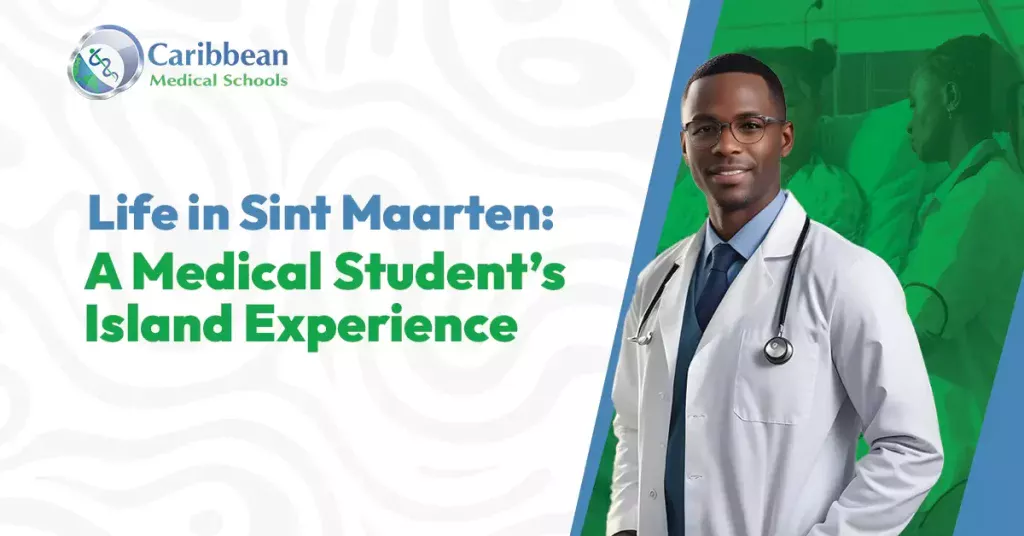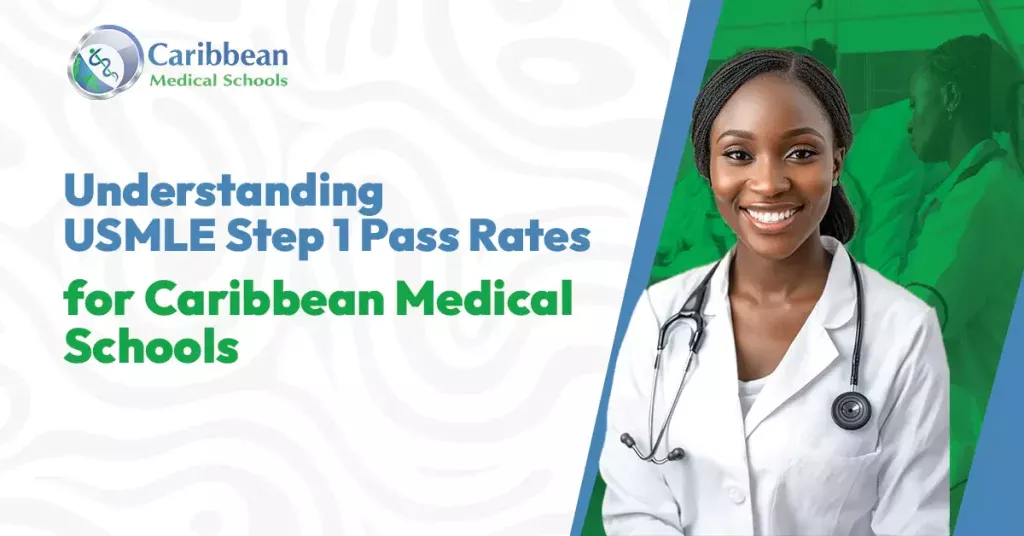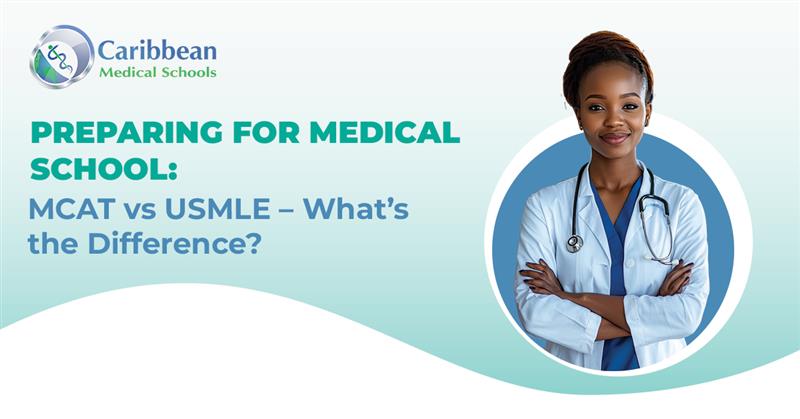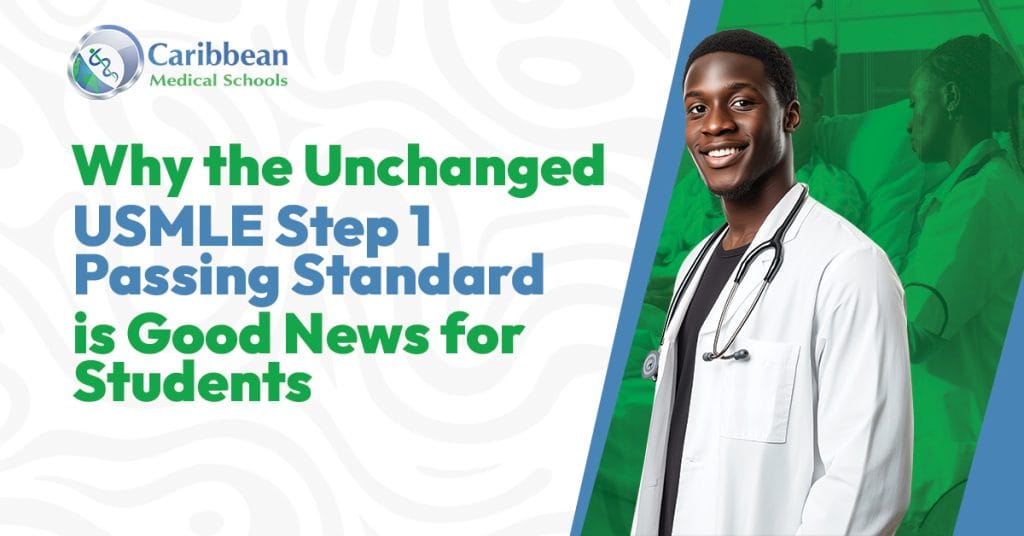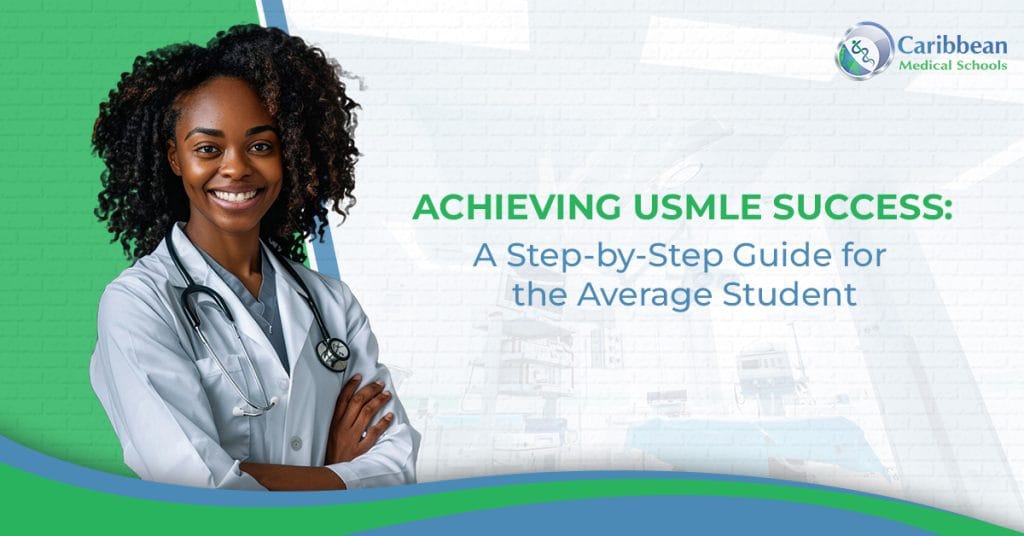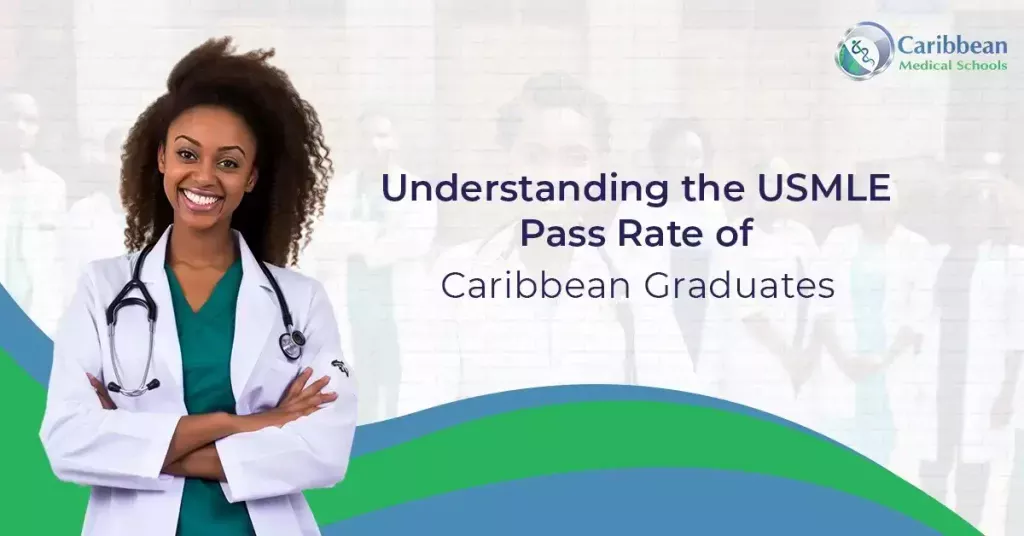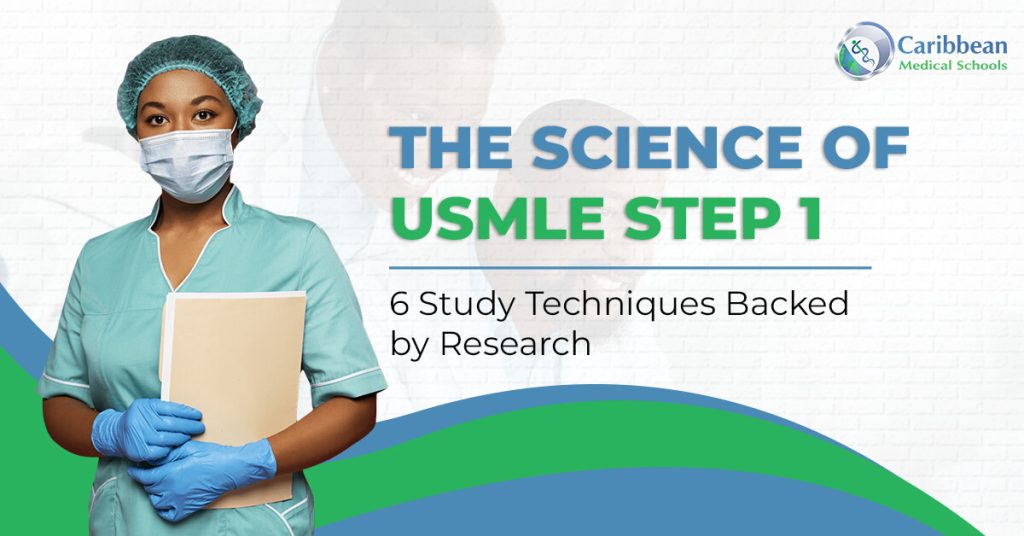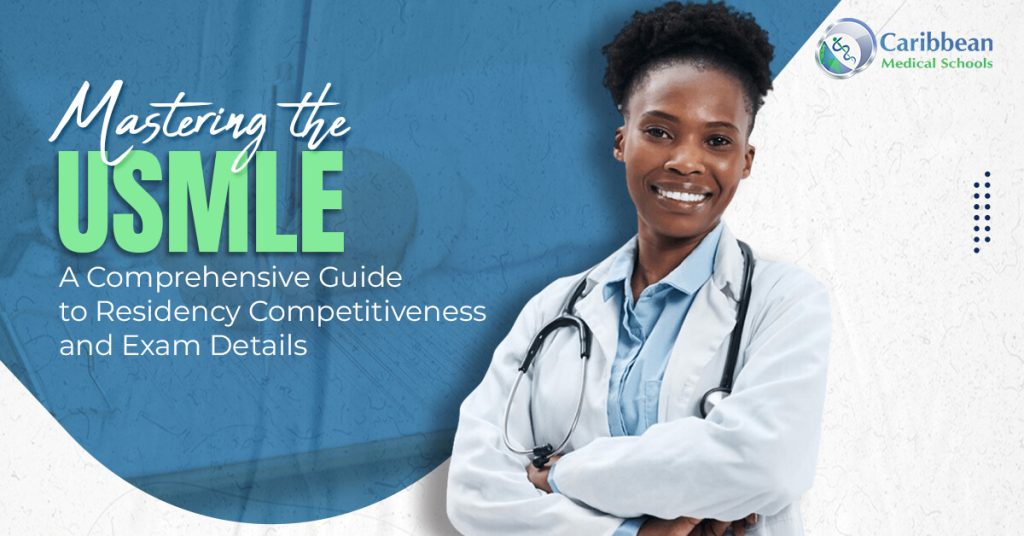Life in Sint Maarten: A Medical Student’s Island Experience
Blog Summary Studying medicine in Sint Maarten offers more than academic excellence—it’s a gateway to an enriching lifestyle shaped by cultural diversity, year-round sunshine, and a welcoming community. From lively…

